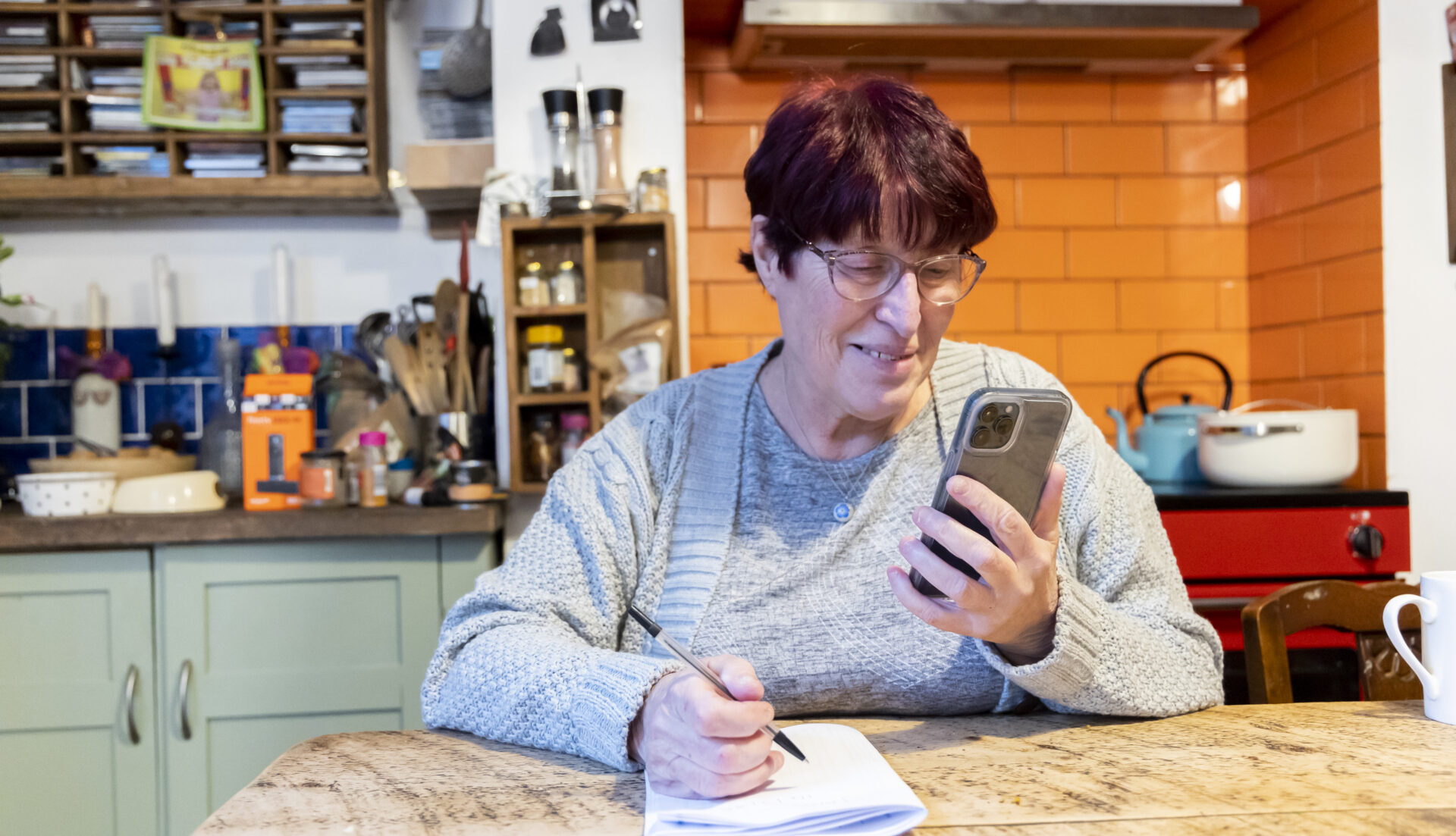
Information and advice on the types of financial support available to kinship carers with a child arrangements order.
Information on child arrangements orders for kinship carers, including how you get one, how they work and available support.
This advice applies to: England and Wales
Click on the link below to take you to the section you'd like to read:
A child arrangements order (CAO), is a legal order made by the family court that states where a child will live, who a child can spend time with and for how long. It can state when a child will spend part of the week living with or having contact with a parent or other family member. Child arrangements orders have replaced contact and residence orders.
You can apply for a child arrangements order if you are:
You can also apply for child arrangements order if you have consent from:
You must be 18 or over to apply. You cannot normally apply for a child aged 16 and over.
If you don’t meet the criteria listed here, you can still apply to the family court for permission to apply.
You can apply for a child arrangements order online or get help from a solicitor. It is recommended that you get legal advice and support to understand all your options before applying.
You will likely be asked to attend a mediation, information and assessment meeting (MIAM) before you apply. If you or the parent are eligible for legal aid you will both qualify for a free MIAM. If neither of you are eligible for legal aid, you will have to pay for the MIAM. This is around £120 per person but can vary.
Speaking to a mediator can help everyone agree on the care arrangements before you apply for a child arrangements order.
Child arrangements orders last until the child is 18. If a care order is made for the child by the local authority, this would bring the child arrangements order to an end. A parent can also apply to court to end an order.
There is no supervision or review of a child arrangements order after it has been granted.
You share parental responsibility with the child’s parents until they are 18 years old, unless the family court states otherwise.
You will need to make basic day-to-day decisions about the child, but would need to consult others with parental responsibility over major decisions such as:
You can take the child out of the country for up to 1 month but would need the permission of everyone else with parental responsibility for longer periods. If someone who has parental responsibility does not agree with your decisions, they can apply to the court for an order to stop you.
There are important differences between the rights you have with a child arrangements order and with a special guardianship order. If you hold a special guardianship order, you can make more decisions without the parents’ input or consent.
To clarify which decisions you can make, you might find it helpful to draw up a document which you both sign. If you have trouble arranging this with the parents, you can ask children’s services for support.
If you and the child’s parents cannot agree over particular issues, you can apply for a court order and the judge will make a decision.
There is a discretionary, means-tested child arrangements order allowance. You are more likely to get an allowance if the child was in care of children’s services before the order was made.
In England, your local council’s family and friends care policy will include information about child arrangements order allowances. Find your local policy, as well as other services, information and support in your local area from our Kinship Compass.
You may also be able to access other benefits, for example benefits for families.
Read more about financial support for child arrangements orders
If children’s services assess the child as being ‘in need’ they may provide family support services. This could include the cost of legal fees in connection with obtaining a child arrangements order, if they agree this is the best outcome for the child.
From September 2024, kinship carers with a child arrangements order where the child was not previously looked after will also be able to get information and advice from their virtual school. Read more about how schools support children in kinship care.
Here at Kinship, we offer a range of free support for all kinship carers, including workshops, online advice and information, and support groups.
To find services, information and support in your local area, including information about your local children’s services, use our Kinship Compass tool.
You can also contact the Kinship advice team for free, non-judgmental advice and information if you live in England or Wales.
Sign up for emails to keep up to date with the information that’s important to you, from support and advice for kinship carers, to our latest news, events and campaigns.